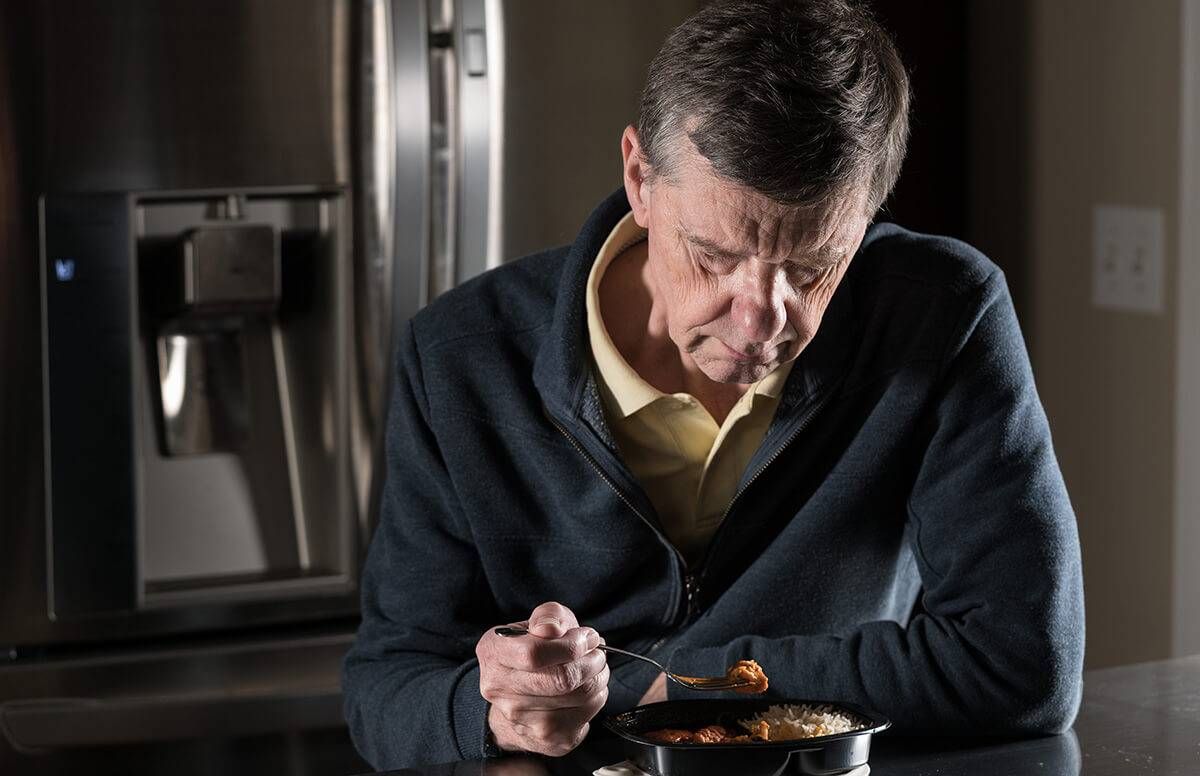You May Feel Lonely, but You're Not Alone
Although making friends later in life is difficult, perseverance is worth it
“I define connection as the energy that exists between people when they feel seen, heard, and valued; can give and receive without judgment and derive sustenance and strength from the relationship," Brené Brown, the author and speaker of one of the most famous TED Talks once said.

I was reminded of this quote when today's mail brought a survey from my congregation for "households with only one adult member." They'd found that 25 percent of members fit that description. How, the letter asked, could these households be better served?
I wondered, who are those single members? Never married, not yet, not interested; divorced; widowed like me.... The survey never asked the jackpot questions: Are you lonely? How can we help?
The Three Plagues
Gerontologist Dr. Bill Thomas calls loneliness, boredom and helplessness the “three plagues.” I've suffered from all three: loneliness can breed boredom; when I can't fill that void, I feel helpless. In this big wide wonderful world, isn’t boredom some kind of personal sin? Sure feels like it.
Someone in my circle of friends usually asks, "How about a movie this weekend?" Or, “Brunch on Sunday?” Weekdays offer up social and substantive fare — planned and impromptu. But sometimes Friday rolls around with nothing but white space on my weekend calendar. My inbox chides, “You have no events scheduled."
"Get busy," I tell myself, "find something to do." But I can't always muster enough oomph and ingenuity to carpe the diem.
Can you keep a secret? I binge-watch TV. Sometimes I get groceries or coffee just to interact with other human beings. A paltry substitute for chatting, laughing and engaging with friends or family, but it sure beats staying home with my dog all weekend.
When I was married, mothering and immersed in my career, a drive in the country offered soul-reviving solitude. Now that I live alone, not so much.
How I Fit into America's 'Loneliness Epidemic'
During those two-day stints in solitary confinement, when my children call from their dots on the map, they ask, "How're you doing?" I never answer, "isolated, longing for company."
I'm lonely, but I'm not alone. Meetup CEO Scott Heiferman says America faces a “loneliness epidemic.” Research confirms that social isolation is increasing: fewer people live near family; many delay getting married and having children and more people of all ages are living alone.
The same year I retired from the job that lured my husband and me from Houston to Washington, D.C., my marital status changed to "W." (Widowed.) Whoa. I'd been so immersed in my work, I barely knew my neighbors. No circle of friends, no family nearby.
A Lonely Person's Desire
I spent the next years walking into rooms of name-tagged strangers — joining, volunteering, looking for social connections. At one group's January meeting, when we shared New Year's resolutions I said, "To find a new best friend."
I'd left my BFF behind — tearfully — in Houston. That friendship, steeped in shared confidences from our children's playdates through their wedding days, seemed irreplaceable. She's still there, but I needed someone nearby who cared about me and to care about, someone for companionship and support.
Turns out that my desire was not just wishful thinking, but essential to my health.
The trend that concerned my congregation concerns medical professionals, too. Dying of loneliness isn't just an expression: Health psychologist Bert Uchino found that people with little social support have a mortality rate as high as alcoholics; conversely, the impact of making friends is comparable to giving up smoking.
A primitive, primal need for connection is hardwired into our brains. No wonder I felt an urgency about filling that void.
What Relationships Do For You
Harvard's 75-year adult happiness study concluded: "Good relationships keep us happier and healthier. Period." Having someone to rely on helps your nervous system relax, keeps your brain healthier longer and diminishes both emotional and physical pain.
Bottom line? "It's the quality of your close relationships that matters." I didn't need a research study to reach that conclusion.
My congregation reflects a societal trend. Psychologist Susan Pinker's research revealed that people "with frequent face-to-face interactions were not only physically and emotionally healthier, but also lived longer...." Sadly, Pinker notes, "a quarter of the population says they have no one to talk to.”
The No.1 topic choice of Meetups' 15 million U.S. members? Socializing. The location of the largest group? Transient Washington D.C., a challenging place to find friends, even for someone with a winning personality like mine.
Finding a Kindred Spirit
Aristotle said, "Friendship is a slow-ripening fruit." Although I urgently needed a close friend, it took time to find a kindred spirit, then deepen the connection. Time to share our stories, to color and fill in the background so when we ask, "What's new?" the answer fits into a full, nuanced narrative. It requires honesty, the willingness to give and receive confidences in the quest for understanding.
It was worth the wait.
A confidante is defined as someone "with whom private matters and problems are discussed." When I called a friend recently — someone nearby I've become close to — I explained why I'd been quiet lately: "I've been worrying about Stacy's health. I was waiting for news before I called." She listened. We talked. As we hung up, she gently chided, "You didn't have to wait. You could've picked up the phone to tell me, 'I'm in a funk.'"
Our friendship, she was telling me, could handle the raw, unprocessed stuff of life.
Mission accomplished.

